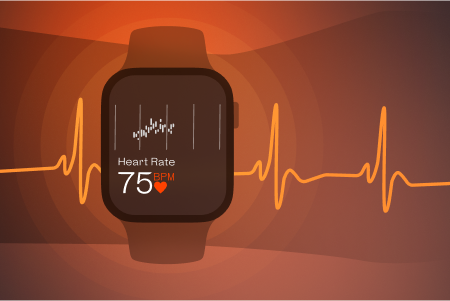
Measuring Resting Heart Rate
From manual pulse counts to the latest in app technology, dive into the transformative journey of heart rate monitoring
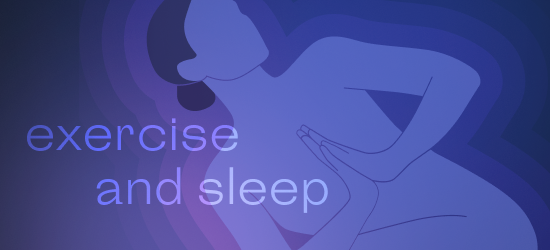
Exercise and sleep — two of the most important factors for good health — are closely related. Numerous studies have shown how quality sleep improves physical and psychological well-being, bolsters immunity, and increases longevity. Exercise produces similar benefits, and helps you sleep better, too.
Research shows that physical activity can decrease the time it takes to fall asleep (sleep latency) and increase sleep duration. It also boosts the time spent in deep sleep, a restorative phase crucial for memory, cell repair and regeneration, and immune system function, among other things. There is even evidence exercise can help alleviate sleep disorders, such as insomnia and sleep apnea. In fact, it may be just as effective as prescription medications.
Quality sleep gives you the energy you need to be active the following day. Plus, it speeds up your body’s natural growth and recovery processes, enabling you to perform your best with less downtime.
The type of exercise is less important than doing it consistently, meaning at least 30 minutes five times a week. If 30 minutes seems like too much, break it up into two smaller chunks — this can be just as effective and more manageable if you have a busy schedule or are just starting out.
Be careful with timing, though. Many experts say vigorous activity — in which your heart rate is 77% to 93% of your maximum — in the hour before bed can interfere with sleep. That’s because it increases heart rate and body temperature and causes the body to release hormones like endorphins and adrenaline, all of which can make it harder to drift off. Because of that, it’s best to reserve intense workouts for earlier in the day. As for light and moderate aerobic activity, where your heart rate is less than 77% of your maximum, studies show timing doesn’t matter as much.
Get Welltory
for better sleep
Get Welltory
for better sleep
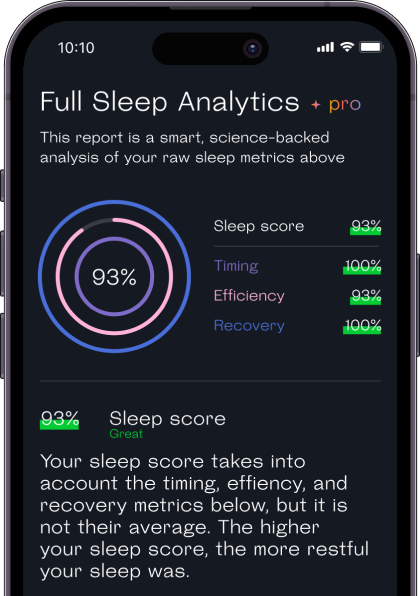
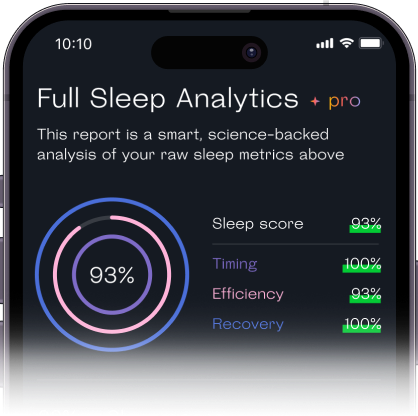

Whether you’re seeking a resolution to sleepless nights, want to step up your physical fitness, or both, certain types of exercise can help you reach your goals.
Just 30 minutes of physical activity can reduce stress and anxiety, common causes of insomnia, and improve your sleep drive. Exercising outdoors in the morning can also help regulate your body’s natural sleep-wake cycle.
If you’d like to see how moving more during the day could help you sleep better at night, try these exercises:
Perhaps the most accessible form of exercise, walking is also one of the best for overall well-being. You don’t need to rack up 10,000 steps to reap the benefits; even 15-20 minutes of daily walking can boost your mood, creativity, and productivity and improve heart health, immunity, and longevity. It can also help you sleep more soundly.
As the name denotes, resistance bands add force without weight. And some fitness experts say they can be just as effective as free weights or machines for muscle strengthening and conditioning. These come in various styles and resistance levels. Popular resistance band exercises to try include bicep curls, squats, lateral raises, and chest presses. With any resistance or strength training, repetition is key. Ideally, you’ll want to aim to do eight to 12 repetitions two or three times.
While any yoga can produce benefits, certain poses are better than others for relaxation. Try the following exercises before bed to help you sleep: wide-knee child’s pose (Balasana), standing forward bend (uttanasana), standing half forward bend (ardha uttanasana) at the wall, and legs up the wall (viparita karani).
Cycling, whether on a stationary bike or outdoors, can improve cardiovascular health and muscle strength, depending on the intensity. If you’re cycling in the evening, avoid hills or high resistance levels for a lighter workout.
Also called calisthenics, bodyweight training does not require additional equipment, like dumbbells or resistance bands, and you can do them anywhere. Instead, they use your body weight and gravity to strengthen and tone muscles. Calisthenic exercises include pushups, sit-ups, bodyweight squats, planks, and lunges. Popular workouts like Pilates and Barre also involve calisthenics.
Breathing exercises can help you go to sleep faster. There are many types to choose from, but two of the most popular and effective are 4-7-8 breathing and diaphragmatic breathing.
Invest in yourself by making the time and effort to exercise each day. Not only can it boost your health and fitness, but it can also help you sleep better at night and perform your best the following day.
Wearables like Fitbit and Apple Watch take specific measures of different factors, like breath, heart rate, and body temperature, which can say a lot about your overall state of being. Combined with personalized insights from Welltory, these data can make it easy to quantify your sleep quality and how specific exercises affect your rest.
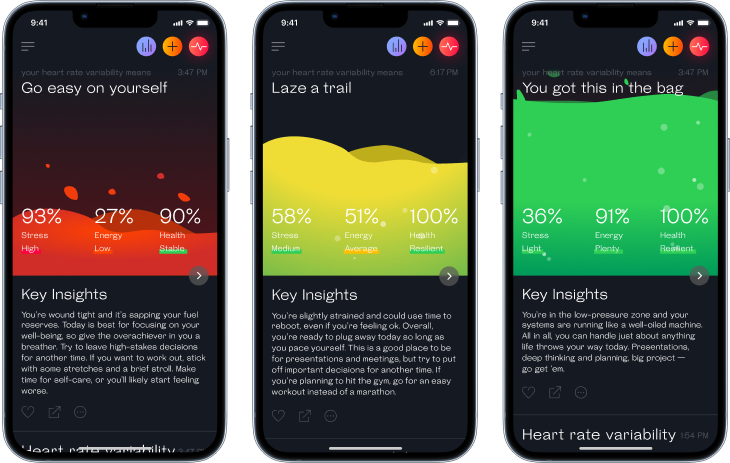
When you track your sleep with Welltory, you’ll also be able to see how workout affect your sleep quality. Maybe you’ll find that a walk before bed is more beneficial than sets of squats after work. Welltory’s sleep analysis will also give you a sleep score.Your sleep score takes into account your timing, efficiency, and recovery metrics, so you can see how your sleep improves.
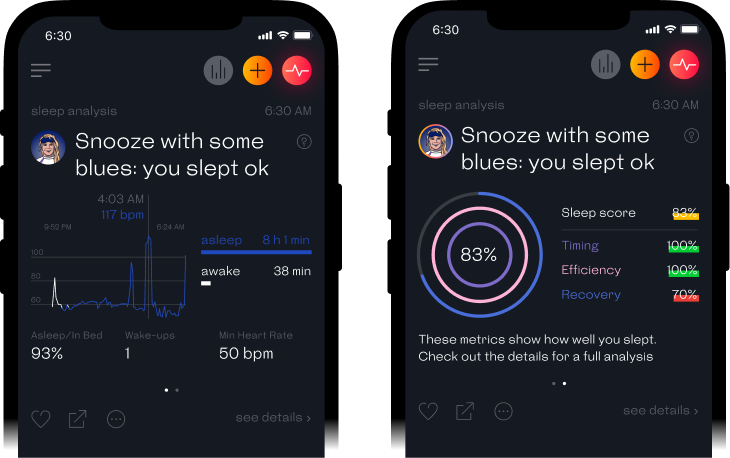
Remember, it might take some time to experience notable results. Tracking your sleep, along with stress and energy levels before and after bed and exercise, can help you see small changes, which add up to significant improvements.
Welltory Team, Dec 12. 2022

From manual pulse counts to the latest in app technology, dive into the transformative journey of heart rate monitoring
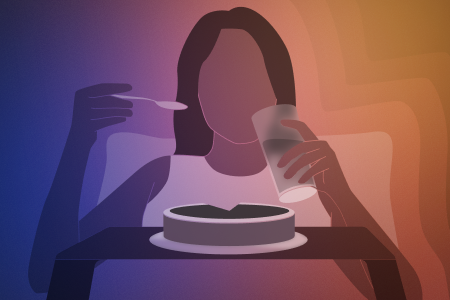
Discover the intricate relationship between late-night eating and its impact on sleep duration and quality
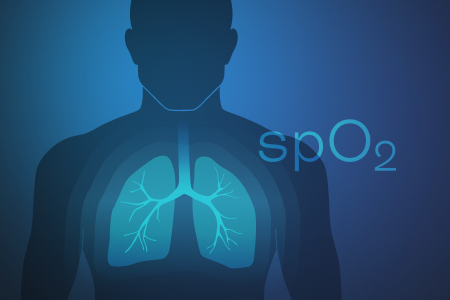
From boosting cognitive function to enhancing physical performance, discover the impact of blood oxygen levels on various aspects of health
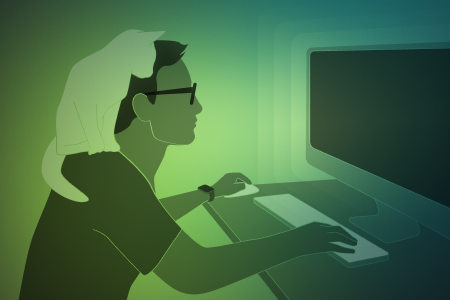
The relationship between stress and productivity and how Welltory can help you plan better
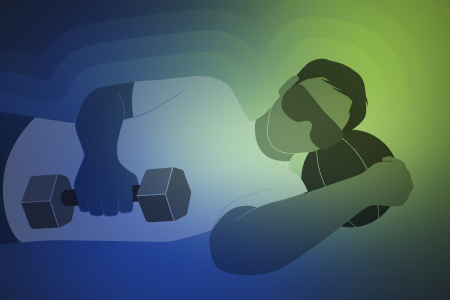
Does sleeping burn any calories, should you exercise right before bed and how much do you need to sleep to burn a 1000 Cal
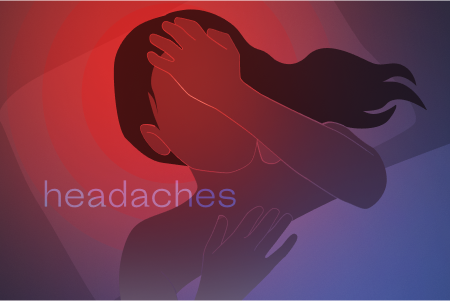
All you needed to know about headaches at night – types of nighttime headaches, their causes, possible treatment and how to avoid them.
 App Store
App Store
 Google Play
Google Play
 Huawei AppGallery
Huawei AppGallery
 Galaxy Store
Galaxy Store







